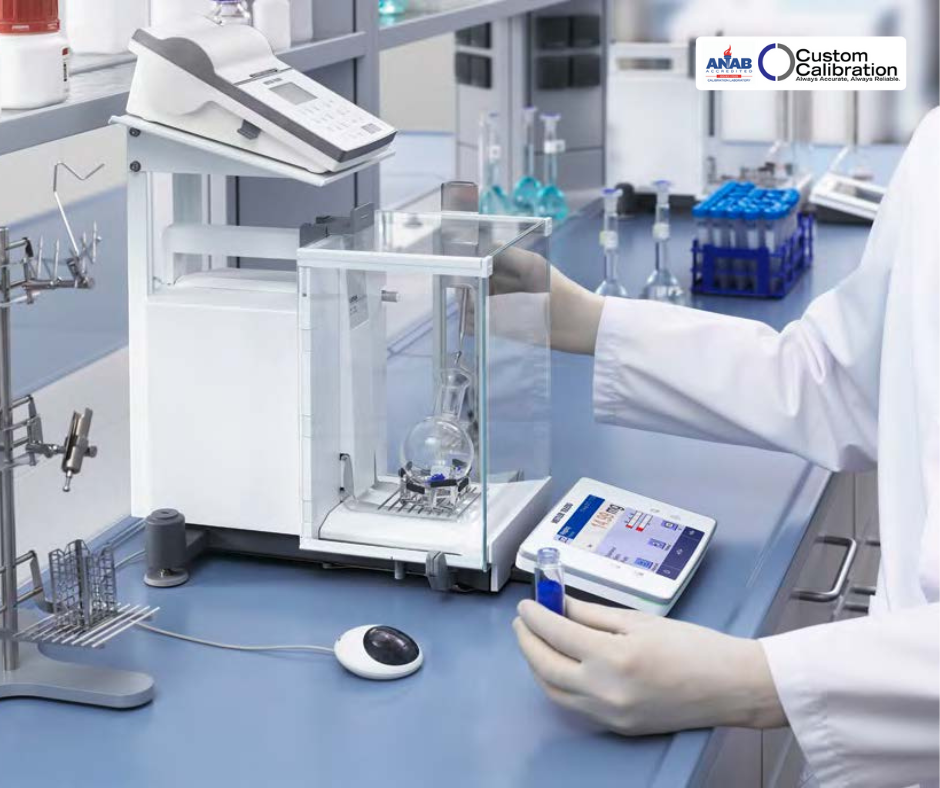When it comes to laboratory work, even the smallest mistake in measurements can lead to big problems. Whether you're in a research lab, a medical facility, or a quality control department, accurate results are essential. That accuracy starts with well-maintained and properly calibrated lab equipment.
Laboratory instruments—like pipettes, balances, thermometers, pH meters, and ovens—are used daily. Over time, these tools can lose their accuracy due to regular wear, environmental changes, or simple aging. If the equipment isn’t measuring correctly, it can throw off an entire process or experiment.
What is Calibration?
Calibration means checking an instrument’s accuracy by comparing it to a known standard. If the instrument shows different results than the standard, it is adjusted so that it measures correctly again. This ensures that every reading you take is as close to the real value as possible.
In labs, accurate measurements are critical for making the right decisions—especially in industries like pharmaceuticals, healthcare, and food production. Without calibration, your test results can become unreliable, which can lead to wasted time, faulty research, or even failed inspections.
What Happens if You Don’t Calibrate?
Failing to calibrate lab equipment can lead to:
- Inaccurate results
- Failed audits or inspections
- Wasted materials or time
- Product recalls or legal issues
- Loss of trust in data and results
In regulated industries, this can be even more serious. Agencies like the FDA or ISO often require proof that your lab equipment is calibrated on a regular basis. If you can’t provide that proof, you may face penalties or lose certifications.
How Often Should You Calibrate?
There’s no single answer to this question. Some equipment may need calibration once a year, while others require it every few months. How often you calibrate depends on:
- How often the equipment is used
- How critical the measurements are
- Manufacturer guidelines
- Environmental conditions
Most labs create their own calibration schedule to stay on top of maintenance. Keeping a clear record of calibration dates also helps prepare for audits and inspections.
Why It Matters
In the middle of all quality and safety checks is lab equipment calibration—the process that keeps your instruments trustworthy. Without it, you're relying on tools that might be giving you incorrect data.
Many labs rely on professional calibration services to handle this task. Expert technicians use certified standards to test and adjust your instruments and provide detailed calibration certificates. This not only ensures accuracy but also helps maintain compliance with industry regulations.
Some calibration providers even offer onsite services, saving you time by calibrating instruments right in your facility without needing to ship anything out.
Accuracy starts with your equipment. To protect your results, your processes, and your reputation, make lab equipment calibration part of your regular routine.
Custom Calibration provides professional, ISO-accredited lab equipment calibration services designed to help your lab stay accurate, compliant, and audit-ready.

